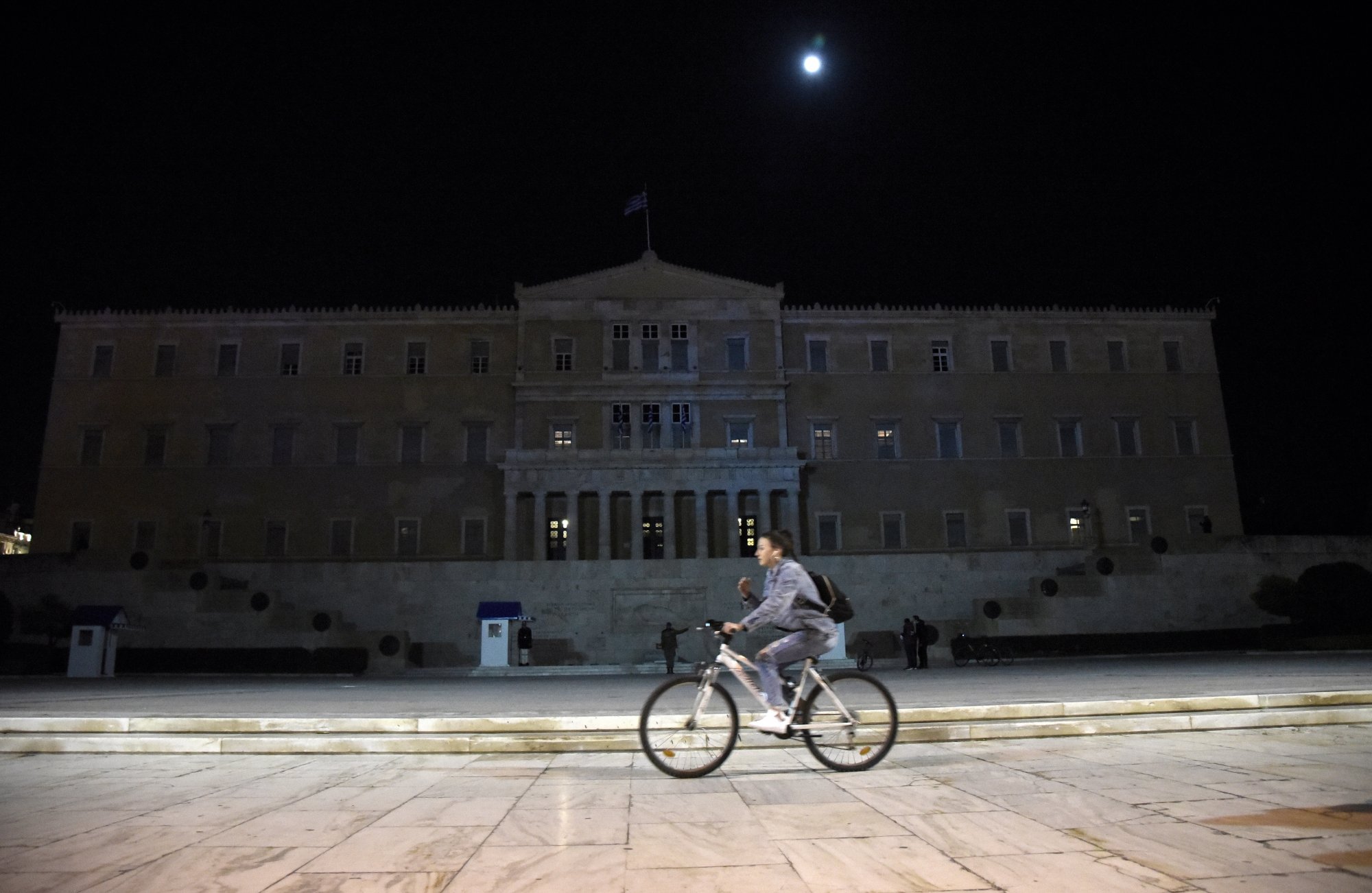The prevailing sentiments expressed among Greeks in an MRB survey were fear, anger, resignation, and disappointment, while citizens were notably weary about their economic situation for the upcoming year.
The survey, carried out on behalf of the weekly newspaper “Real”, offered respondents random sentiments that best summed their feelings regarding their current and future outlook for the country, with 48.6% expressing fear, 43.6% anger, 40.3% resignation/disappointment, 31.3% hope, 12.8% certainty, and 10.7% pride. A 1.7% responded with ‘don’t know/do not answer.’
The overwhelming majority of those asked prioritized the government’s handling of economic issues and high costs.
In terms of how they saw their economic situation in the next 12 months, 20.4% believe it will improve significantly or slightly, while a doubling percentage of 41.8% anticipates a significant or slight worsening. 34.8% expect it to remain stable.
Concerning the question, ‘Will your life improve or worsen in 2024?’, 30.9% think it will worsen, 25.2% believe it will improve, and the largest percentage, 37.4%, estimates that it will neither improve nor worsen. 6.5% respond with ‘don’t know/do not answer.’
Responding to ‘how capable/strong do you feel?’, 42% of respondents answered ‘very’ or ‘quite’ while 53.8% responded ‘a little’ or ‘not at all.’
Notably, 42% of those who believe their quality of life will improve significantly or slightly represent the second-highest percentage in the last nine years.
What citizens demand from the government:
Regarding what the respondents deemed the most pressing matters the government should address in 2024, the vast majority pointed to economic and social issues, as well as the high cost of living.
Economic growth for the benefit of society as a whole was the second-most important, followed by the state of public health in the third position. Citizens were allowed to provide up to three answers.
The top two responses appear interdependent to the perennial issues that have plagued Greek public administration, namely corruption and profiteering. The respondents gave the government a notably low score on both, as they said it had failed to effectively address these.
As for the third most important issue, respondents chose the poor state of public health in light of the rapid increase in COVID-19 cases and respiratory infections, coupled with the pressure on hospitals resurging. This posed a “smoldering bomb” for the government, as MRB’s CEO, Dimitris Mavros said.
Other noteworthy responses ranked by citizens’ priorities, including income levels, tax relief for the middle class, immigration-refugee issues, and citizen safety/crime were as follows:
Income levels and tax relief for the middle class: 22.3%
Immigration-refugee issues: 21.8%
Citizen safety and crime: 21.4%
Social stability, justice, cohesion: 17.1%
Greek-Turkish relations and foreign policy issues: 15.5%
Handling of natural disasters/climate change: 13.2%
State of education: 12.4%
Unemployment: 12.1%
Protection of primary residence from auctions: 10.1%
Instability in our region (Ukraine-Gaza): 6.7%
Optimism index rises but remains low:
Additionally, the survey reflects the optimism index of citizens compared to previous years. In December 2023, it stands at -45, while last year it was -52, showing a slight increase.



